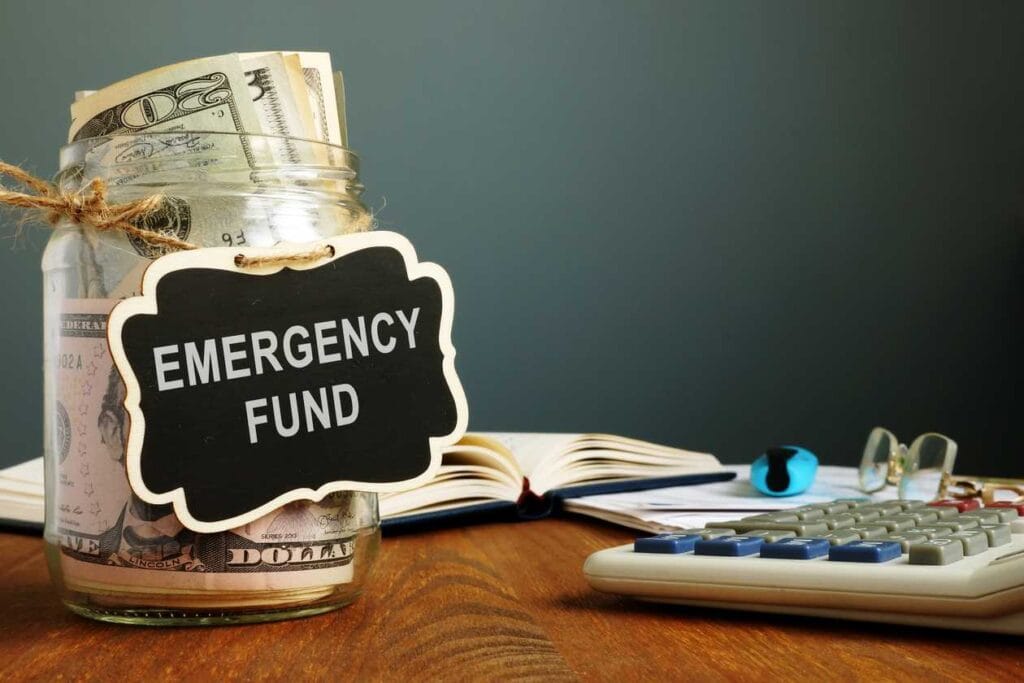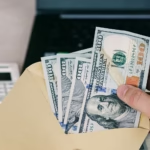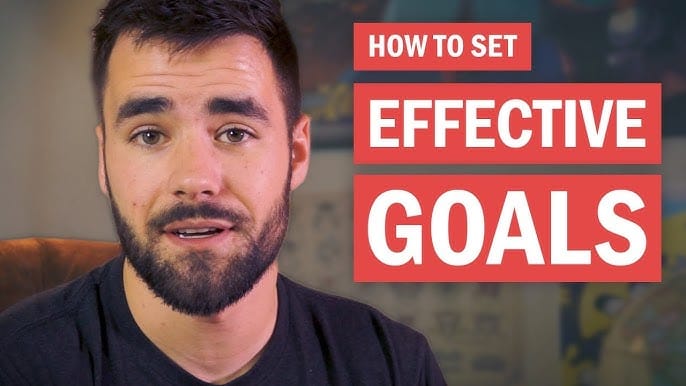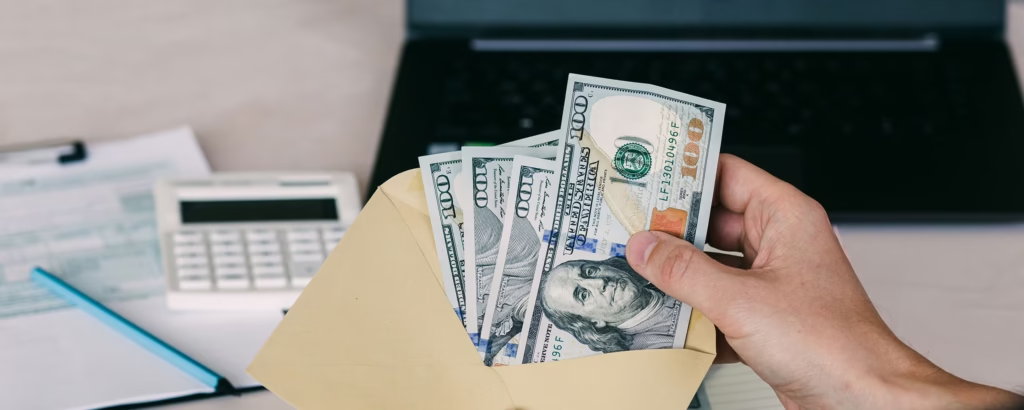Life can throw curveballs at any time. One day everything’s fine, and the next day, your car breaks down or you get hit with a surprise medical bill. That’s why having an emergency fund is super important. It’s basically a small pile of money saved just for “uh-oh” moments. Even if you’re just starting out, building a financial ‘safety net’ can save you from a lot of stress and help you avoid getting into debt later on.
You don’t need to be rich to start saving. In fact, putting aside just $20 a week is a smart way to grow your emergency savings without feeling broke. Think about it like this: skipping two fast food meals or one delivery order each week can easily free up that $20. In one year, that adds up to over $1,000. That’s real money you can use if life throws something unexpected your way. It’s all about taking small steps that lead to big results over time.
The best way to make this happen is by staying consistent. Try setting a weekly reminder or even better, automate your savings so $20 moves into a separate account every week. Keep this money in a high-yield savings account where it earns a little interest but stays easy to access in emergencies. It’s not about being perfect with your money, it’s about being prepared. Starting small is better than not starting at all.
1. Why You Need an Emergency Fund in the First Place
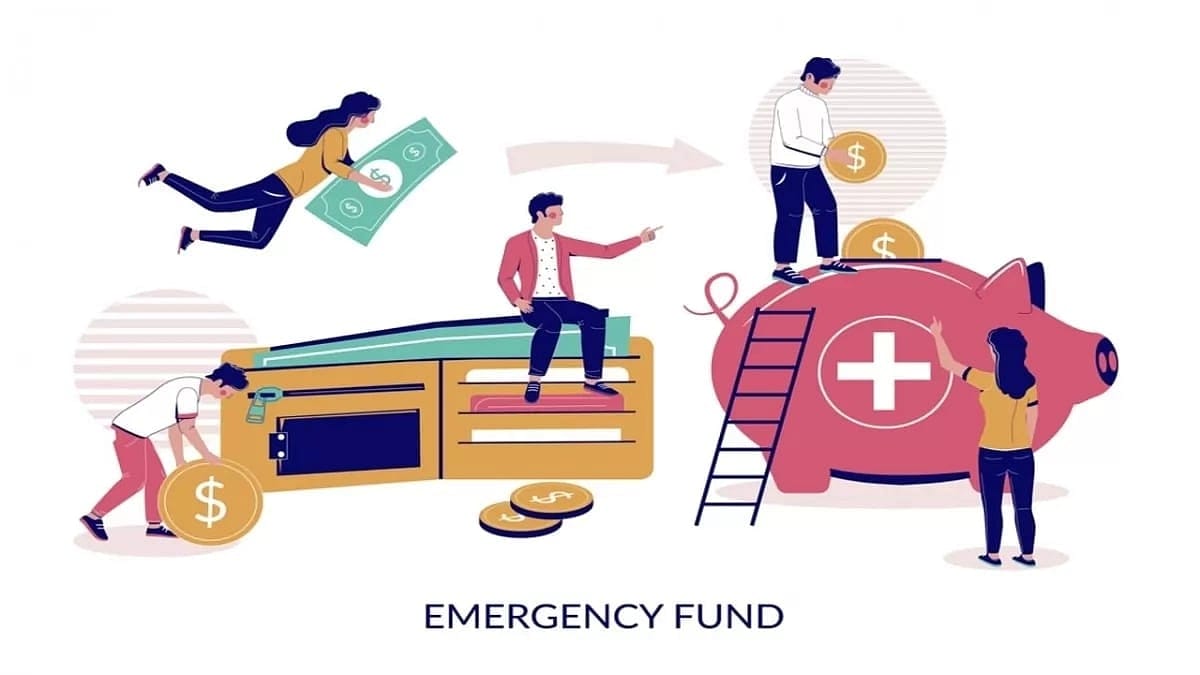
Life doesn’t always go the way we plan it. One day everything seems normal, and the next, your car breaks down or you get a surprise medical bill. These things are called unexpected costs, and they can mess up your whole budget if you’re not prepared. That’s why emergency savings are so important. It’s like having a money backup that helps you stay calm when life gets crazy. Even a small emergency, like fixing your broken phone or taking your pet to the vet.
Imagine losing your job or getting fewer work hours. What if your rent goes up next month, or your laptop suddenly stops working and you need it for school or work? These are real situations that many people face every day. If you don’t have an emergency fund, you might have to borrow money or use a credit card. That means debt, and paying interest on top of what you already owe. Having a financial safety net helps you avoid all that stress. You can handle the problem and keep moving forward without panicking.
An emergency fund gives you peace of mind. Knowing you have money set aside for just-in-case moments makes life feel a little more in control. It’s not about being rich or saving a lot all at once. It’s about being smart and ready. When you build your emergency savings, you’re not just saving money. You’re giving yourself security, confidence, and a way to handle life’s surprises without freaking out.
2. How Just $20 a Week Adds Up Faster Than You Think
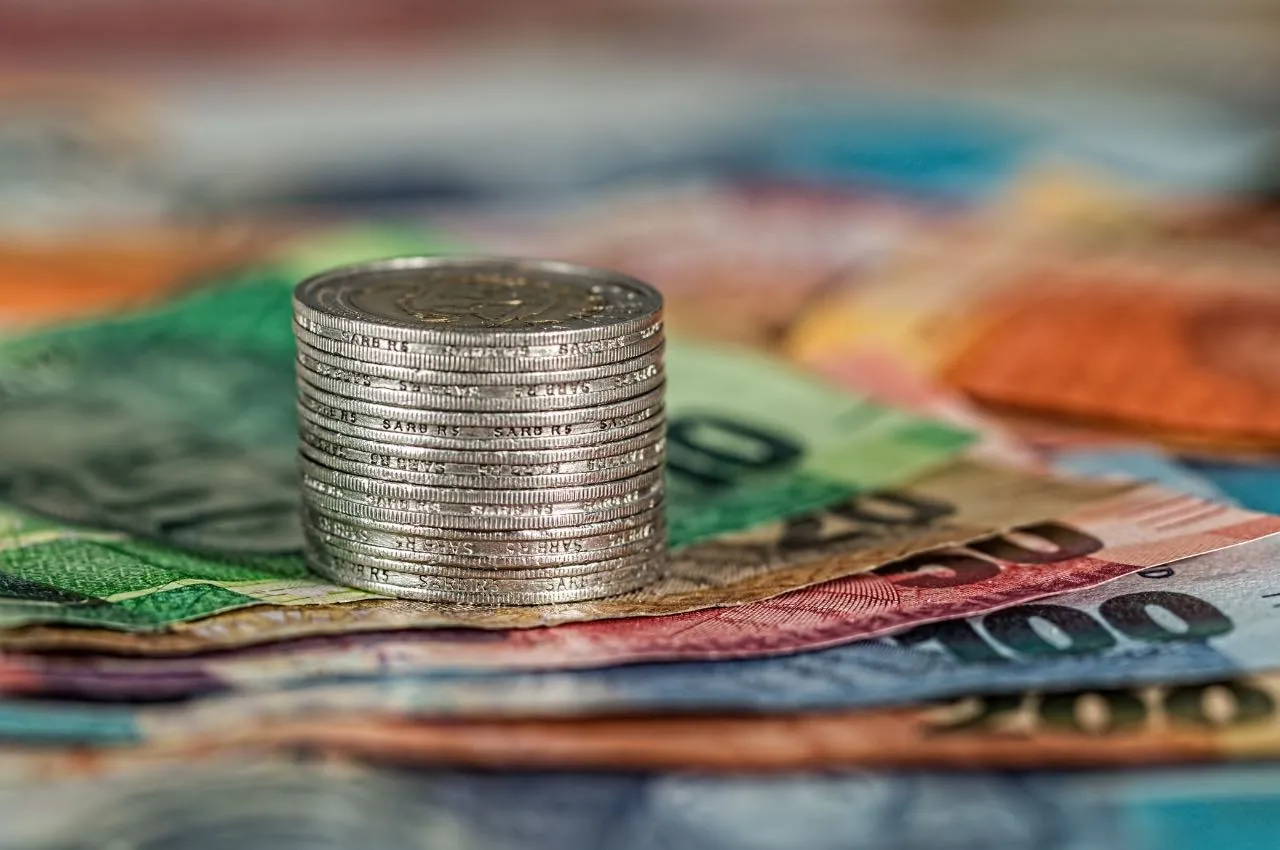
Most people think saving money has to be a big deal, but the fact is, it really doesn’t. If you save just $20 a week, that adds up to $80 a month. In one full year, that’s $1,040. That’s over a thousand dollars saved without even needing a big plan. This is what people call a simple savings plan. It doesn’t require you to be rich or have a fancy job. You just need to be a little consistent. That small amount, saved weekly, grows faster than you expect. It’s like building a money habit that quietly works in the background while you live your life.
Think about how easy it is to spend $20 without noticing. You might order fast food a couple of times a week or grab snacks and drinks at the gas station. If you skip just two takeout meals each week, you already have your $20 saved. That’s how small changes in your spending can lead to big money results. This is one of the best money-saving tips for beginners. It doesn’t hurt your lifestyle and still helps you build something important, like your emergency fund. You don’t have to give up everything, just swap a few habits.
A lot of people think they have to wait until they make more money to start saving, but that’s not true. The trick is to start small and save money weekly. It’s not about how much you make, it’s about what you do with what you have. By choosing to save $20 instead of spending it on something you don’t need, you’re already taking control. Over time, you’ll see your emergency savings grow, and that’s one of the best feelings ever. It shows that even small money moves can lead to big wins.
3. Finding That Extra $20 in Your Budget
Finding an extra $20 in your weekly budget might sound hard at first, but it’s totally doable with a few smart changes. You don’t have to make big sacrifices or feel broke. One of the easiest money hacks is to avoid impulse buying. That means not grabbing stuff you didn’t plan to buy just because it looks cool in the moment. Next time you’re at the store or shopping online, ask yourself if you really need it. That little habit can help you save more than you think. Even skipping one snack run or canceling an online order can save $20 or more.
Another easy way to cut monthly expenses is to look at your subscriptions. Many people forget they’re still paying for things they don’t use, like old streaming apps, game subscriptions, or premium accounts. Go through your bank or app store and cancel the stuff you no longer need. It might not seem like a lot, but even three small subscriptions at $7 each is already more than $20. This is smart budgeting because it frees up money without changing your lifestyle too much.
Also, think about your daily habits. For example, if you buy coffee from a cafe every morning, that can add up fast. Brewing coffee at home or packing snacks instead of buying them outside can save you a lot each week. These small changes may not feel like much at first, but they help you track your spending and keep more money in your pocket. Once you see how easy it is to save, you’ll be more confident in building your emergency fund and making smarter choices with your money.
4. Where to Keep Your Emergency Fund Safely
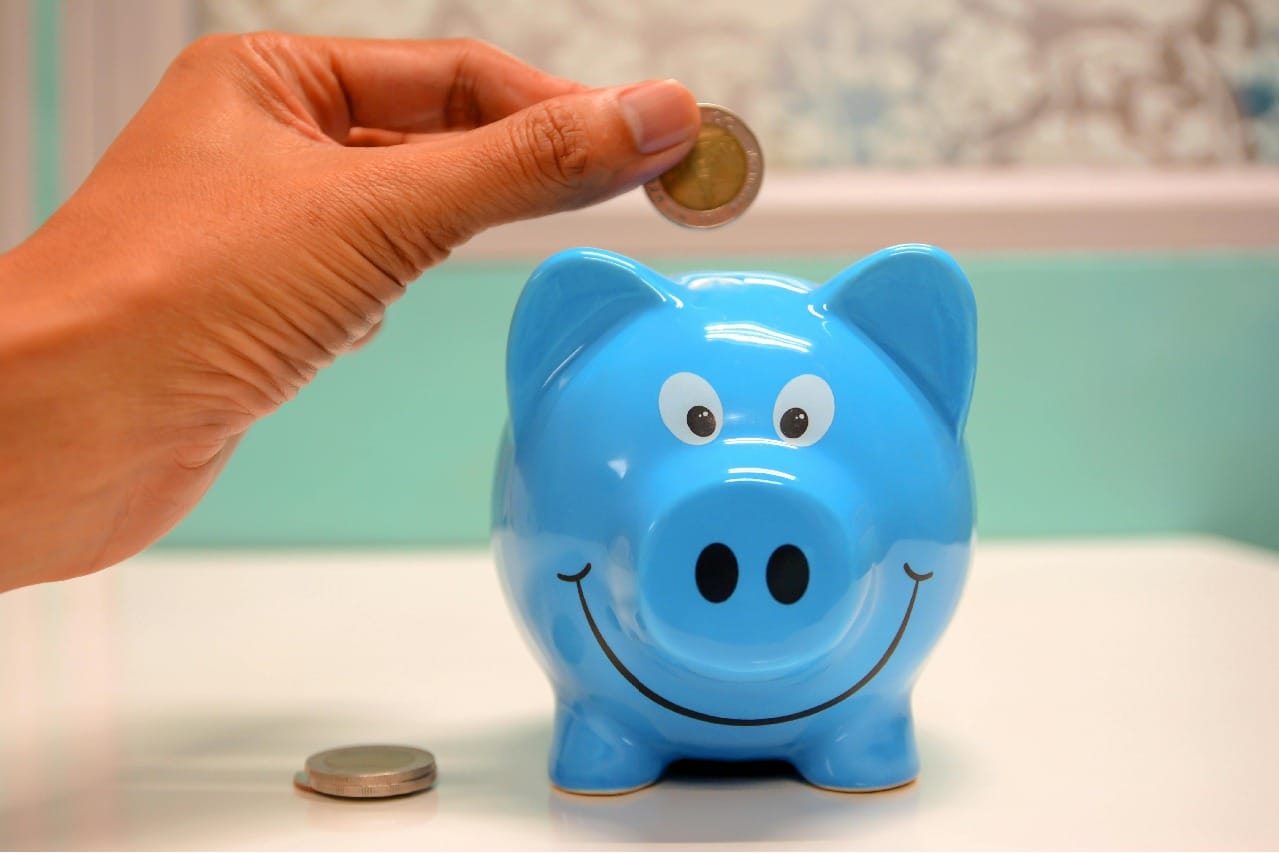
When you’re saving money for emergencies, it’s super important to put it somewhere safe. You might think keeping cash under your bed or in your wallet is a good, normal idea, but that’s not the best move. It’s too easy to grab and spend without even thinking. The best thing to do is open a separate savings account just for emergencies. That way, your emergency cash storage is in a place where it won’t accidentally get used for shopping, food delivery, or online deals. It’s still your money, but it’s stored with a purpose.
A smart option is to use a high-yield savings account. These accounts earn more interest than regular savings accounts, so your money grows a little faster over time. You can find them at online banks or even some credit unions. What makes them great is that they’re easy to access in a real emergency, but not super easy to spend on random stuff. This helps you build discipline. You’ll be less tempted to dip into your emergency savings unless you really need to. Think of it like putting your money in a safety zone where it’s still close but not right in your pocket.
One of my friends saved up her emergency fund and kept it in her checking account. But then, every time she saw a sale or wanted takeout, she’d use that money. In just a few months, her savings were gone. Once she moved the money to a separate account at a credit union, she stopped touching it. Now, her emergency fund is growing again. That’s why picking the right place for your savings makes such a big difference. A good storage spot keeps your money safe and helps you stay on track.
5. Stay Consistent and Watch It Grow Over Time
Starting to save money is awesome, but staying consistent is what really makes it grow. A lot of people get excited for a week or two, then forget or give up. That’s why it helps to set a weekly reminder on your phone or calendar. Even better, you can set up your bank to move $20 automatically every week into your savings account. That way, you don’t even have to think about it. Saving consistency is all about building a habit that becomes part of your normal routine, just like brushing your teeth or checking your texts.
One of my cousins started saving $20 a week after his paycheck. He didn’t think it would do much at first, but after a few months, he was shocked to see over $400 in his emergency fund. He told me it was the first time he ever felt in control of his money. The best part? He didn’t even miss the $20. This shows how you can grow your money slowly just by staying on track and not stopping. Even if you mess up and skip a week, don’t quit. Just pick it back up and keep going.
It’s okay to start small. You don’t need to save hundreds of dollars at once. What matters is that you don’t stop. The longer you stick with it, the bigger your savings will get. That’s how you build a strong money habit. So whether you save with reminders or use auto-transfers, just stay with your plan. Your future self will thank you for staying committed to building your emergency fund, one week at a time.

